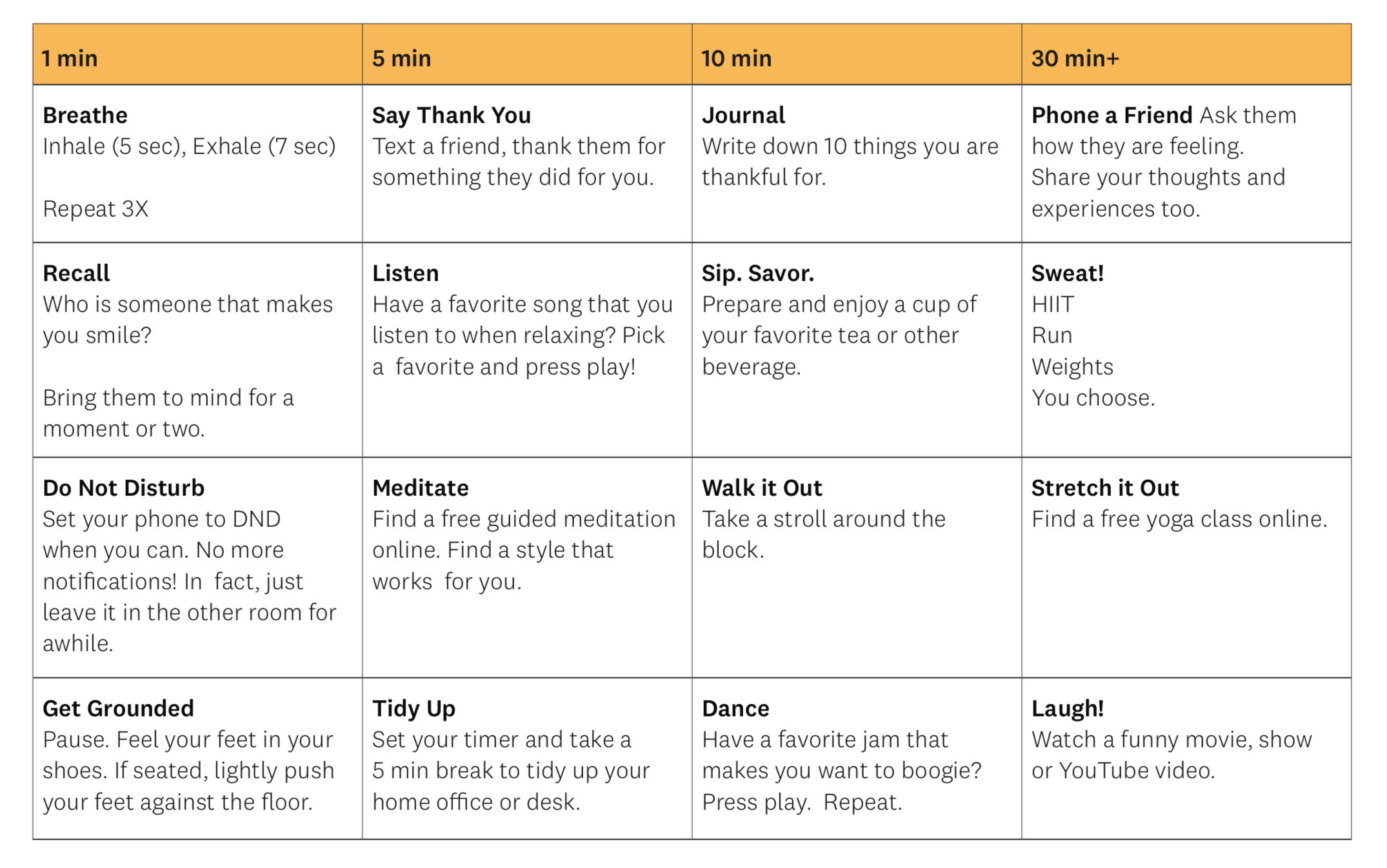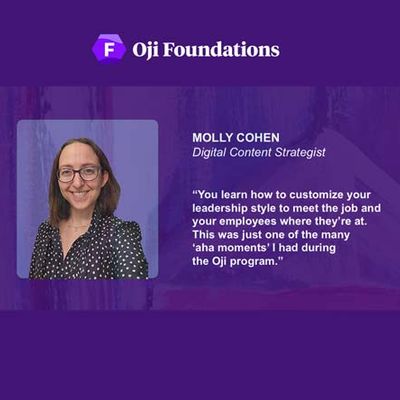The Emotions of Uncertainty

I confess that I’m tired of hearing phrases like “the new normal” and “in these uncertain times”, even though I’ve been guilty of using them. We repeat these phrases to describe pandemic reality and the way we have normalized a new way of getting through our days. Perhaps writer Cheryl Strayed said it best: “It is impossible for you to go on as you were before, so you must go on as you never have.” We’re past the beginning of the outbreak and not yet at the end; we’re frustratingly in the middle of this story, and we must go on.
The diagram above is a reminder that there’s a lot more living to do as the story continues to unfold, in ways we can’t predict. Every day we endure a long list of events where pandemic reality diverges from pandemic expectations, and that divergence brings a long list of emotions, including uncertainty. Unsurprisingly, many of us are experiencing more frequent bouts of anxiety as we try to navigate the unpredictable future. And why wouldn’t we?
We face so many questions that have no answers right now: when can my kids go back to school? What will happen if I get sick? Is it safe for me to get my hair cut? What if I become unemployed? What if I’m not ready to go back to the office when they reopen? The list goes on and on. Anxiety, at its root, is the worry or unease we feel about the future and our inability to control outcomes. When we experience it chronically, it has negative consequences on our mental and physical well-being. So, what can you do to navigate the psychological toll of uncertainty?
Here are some strategies to try:
- Create predictability where you can. Establish routines that feel good and keep you on track. Waking up and going to bed at set times are useful, as are planning activities for certain days of the week. You might set something up so that every Monday, you do X, every Wednesday is the day for Y and on Saturdays, the whole family does Z together. Beyond work and school schedules, think about routines for your workouts, baking days (isn’t everyone making bread these days?), household chores, Zoom Happy Hours and family game/movie nights. You might find that your mood will get a boost from looking forward to these events, separate from actually participating in them.
- Reduce your intake. Many of our Oji coaching clients have reported that scanning headlines and social media feeds a sense of uncertainty, spiking their anxiety. When they start limiting how much time they allot for catching up online, they feel much better. So, pay attention to the cycles of your anxiety - and take action on what you see. You might look at food and alcohol consumption patterns as well as interactions with certain people that cause your panic levels to spike.
- Cultivate calm. Here is a chart from our Corona Care Toolkit that you can use to find some fresh ways to address anxiety. You don’t have to sit in meditation for hours - in five minutes or less, you can down-regulate from an anxious moment to a calm moment. Frequently experiencing emotions of comfort, satisfaction and gratitude allow your body and mind to rest and feel renewed, creating an improved capacity to manage feelings related to uncertainty.

I take inspiration from the wisdom of Helen Keller, who said, “Although the world is full of suffering, it is full also of the overcoming of it.” And from Winston Churchill’s famous line: “If you’re going through hell, keep going.” That’s all we can do as we face long-term uncertainty - keep going. So, as we work to get to the end of this pandemic story, we have to find ways to beat back the uncertainty to optimize our well-being. As we live through new chapters of our ongoing COVID-19 reality, we’ll need to cultivate practices that help us do more than simply endure this time. People are counting on us, and to show up well for them, we have to first take care of ourselves.
Latest Posts
BACK TO HOME ❯Sign up for our People-Powered Newsletter.

 Meet our Program Experts
Meet our Program Experts
 Why Oji is Different
Why Oji is Different
 First Impressions of the Oji Foundations Program
First Impressions of the Oji Foundations Program